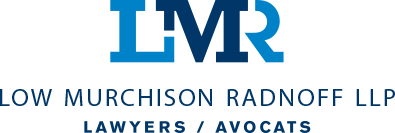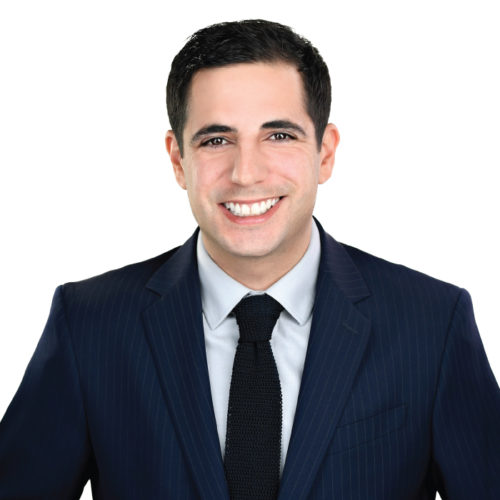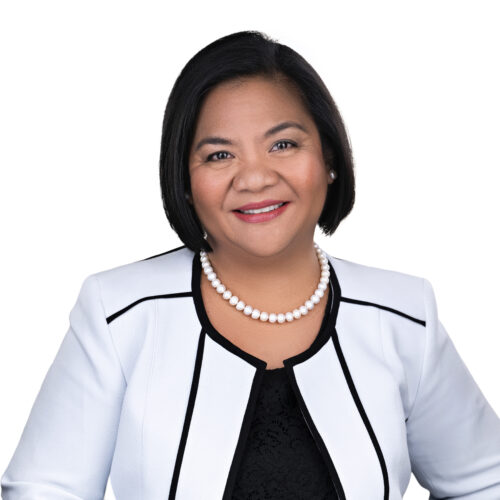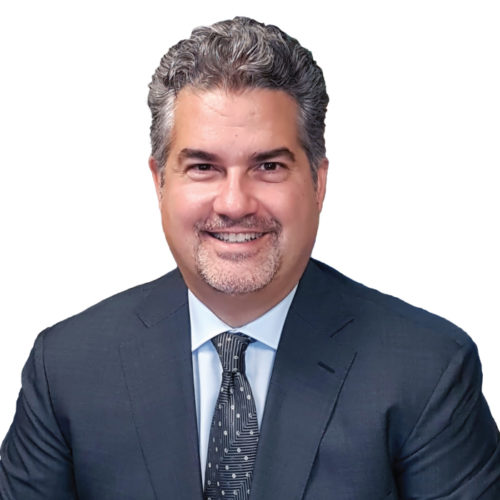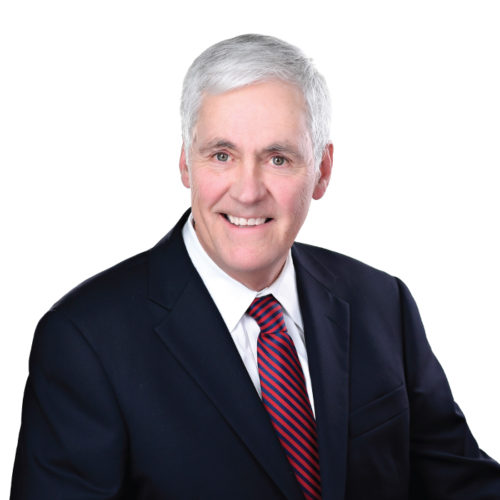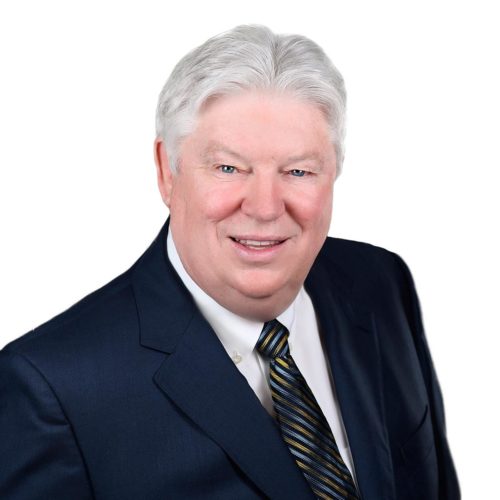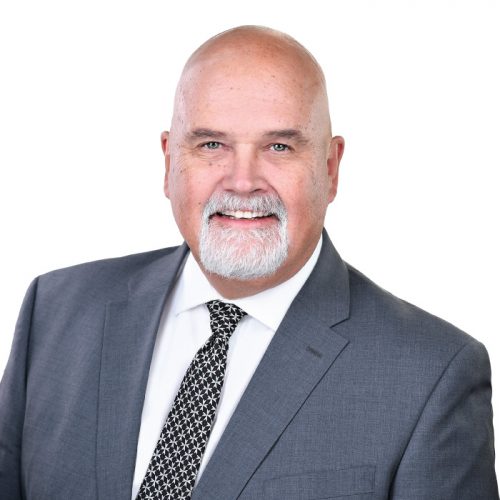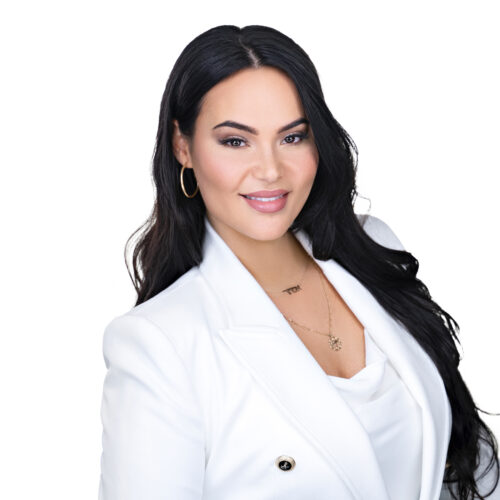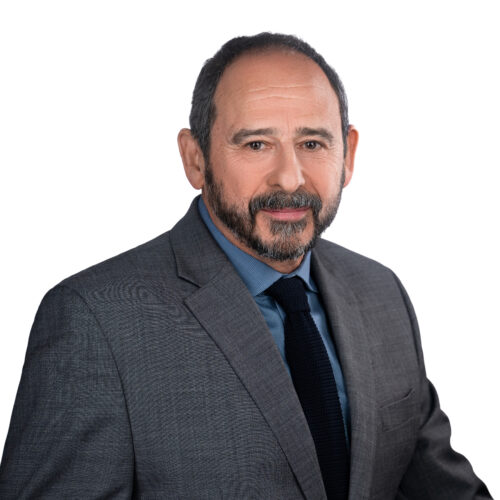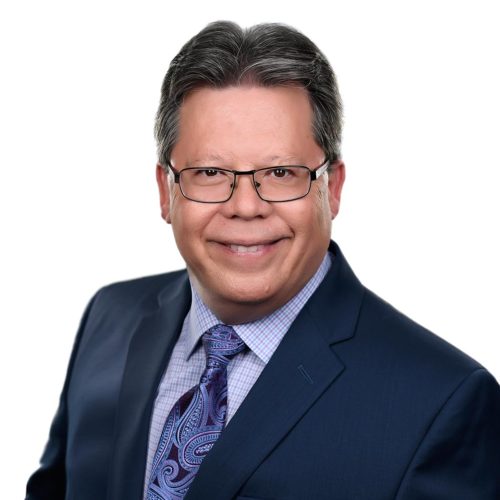Estates and Succession Practice Group
From the corporate client to the individual, our Ottawa area Estates and Succession Practice Group offers a diverse range of services in estate planning, business succession planning, estate administration, estate litigation and estate mediation to suit your needs. Estate and Succession Planning is critical to ensuring financial security and members of our practice group advise our clients of the most advantageous method of organizing their affairs.
Our team of Ottawa lawyers in the Estate and Succession Planning Practice Group will provide you with creative and up-to-date solutions in the following areas:
- Estate Planning through the drafting of Wills and Powers of Attorney for Personal Care and Property;
- Personal Tax and Estate Tax Planning including the drafting of family trusts, adult trusts, estate freezes, life insurance trusts, spousal trusts, inter vivos trusts, Henson trusts for special needs beneficiaries, variation of trusts, multiple Wills, post mortem tax planning, and administration of trusts;
- Succession Planning for businesses including corporate reorganizations, shareholder agreements, use of life insurance, variable share structures, and tax advantageous dispositions;
- Mental Incapacity Matters including guardianship and capacity issues;
- Charitable Donation Planning including public and private foundations;
- Estate/Power of Attorney Administration including the passing of accounts for trusts, estates and attorneys under powers of attorney, asset inventory, distribution of estate assets, filing of estate documents, interpretations of wills and trusts, and executorship duties;
- Protection of Minors including appointing guardians and establishing trusts for minor children;
- Property Issues including ownership options to ensure estate planning goals are achieved; and
- Litigation/Alternative Dispute Mechanisms including capacity issues, estate disputes, and Will interpretation issues.
